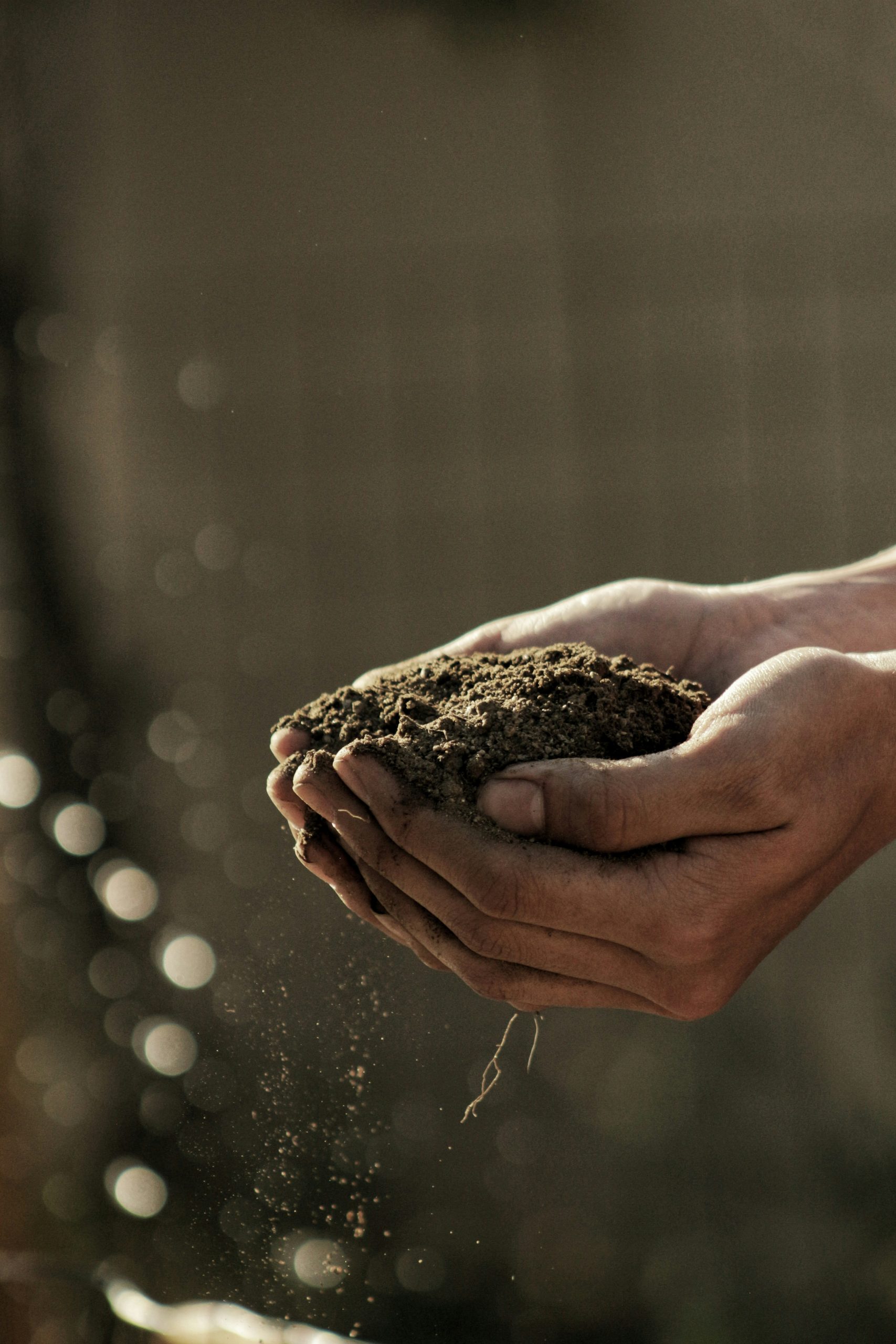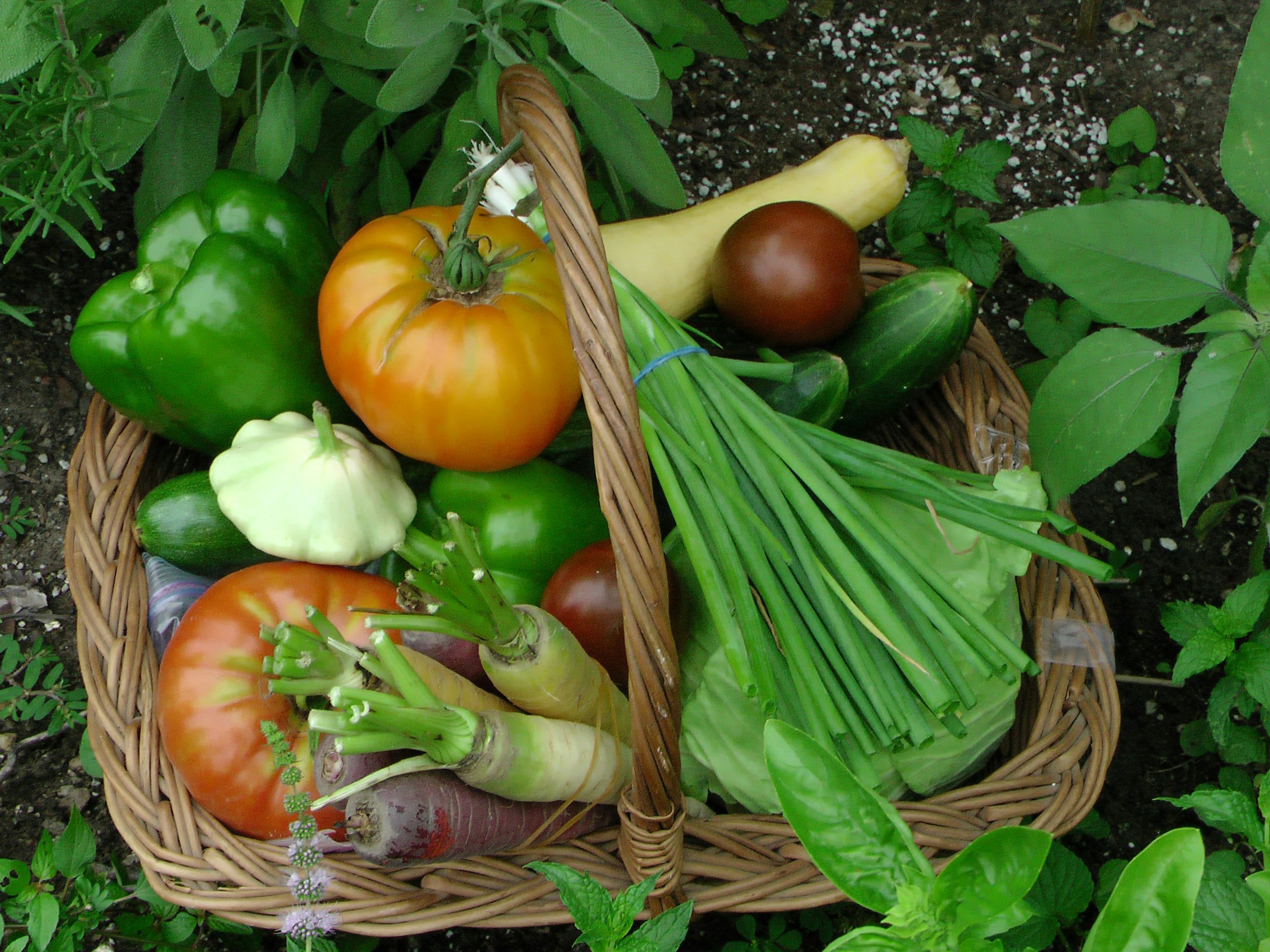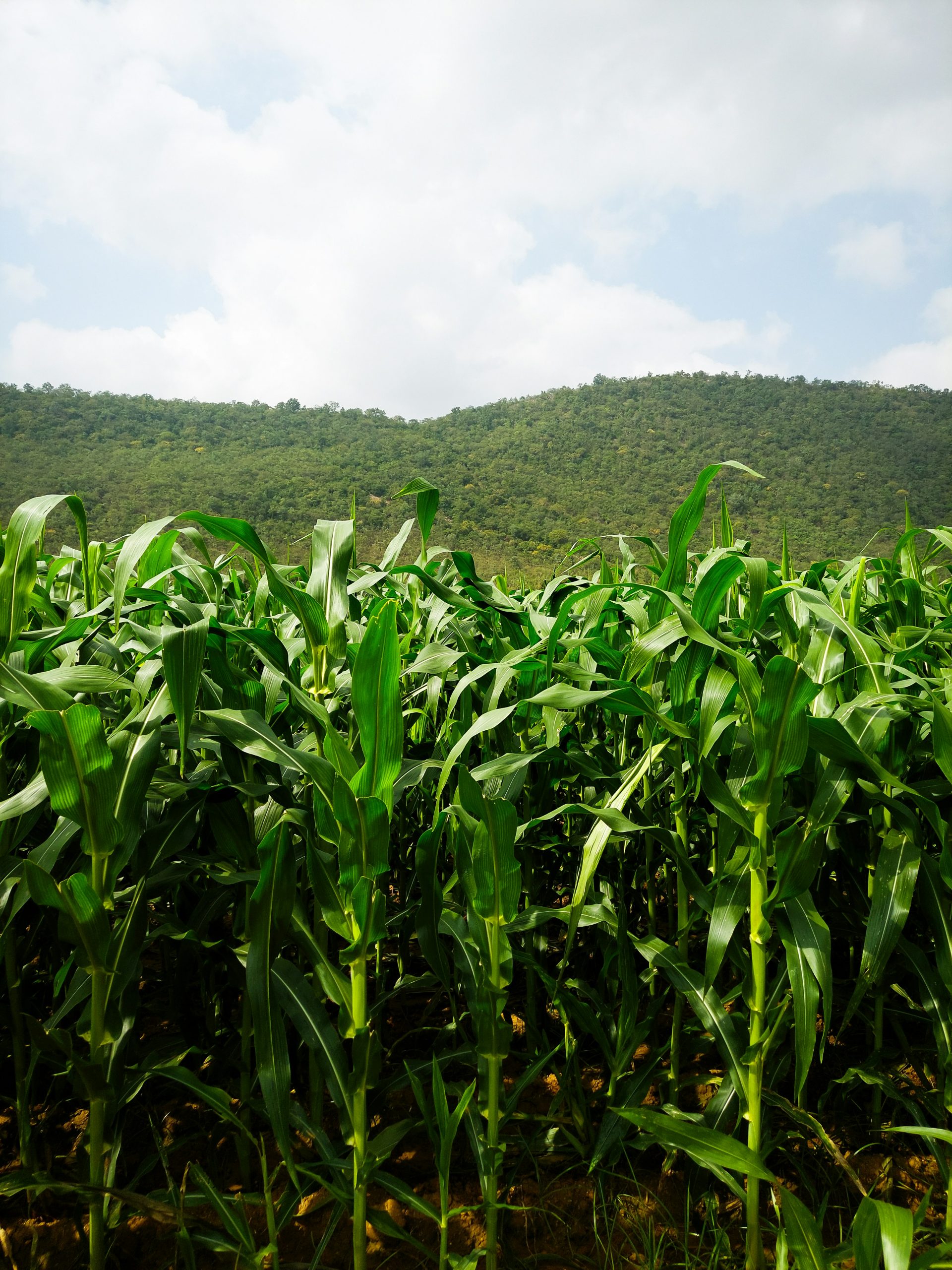In the Rift Valley where I grew up, farmers were not only working, it was more like a way of being. I still remember how my grandparents would plant by the phases of the moon, intercrop such crops like beans and maize, and to scare off pests, they would use ash or various herbs. All these traditional knowledge in farming seemed effortless at the time and even primitive. However, today, I understand that it was actually good agricultural practices, and it continued to be that way.
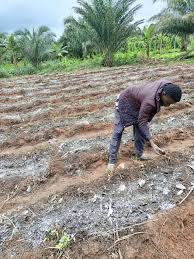
We are too eager to take short cuts in modern day agriculture by using chemicals, hybrid seeds and heavy equipment’s. These are important but the traditional knowledge has lessons that cannot be disregarded. For the example, intercropping, which my grandmother practiced naturally, is now identified by agroecologists to be used in improving soil fertility and in controlling pests.
This method aligns with agroecological practices we discussed earlier that improve soil and control pests naturally.
Manure that has organically composted — a concept that was once considered backward — is now lauded as a soil health savior.
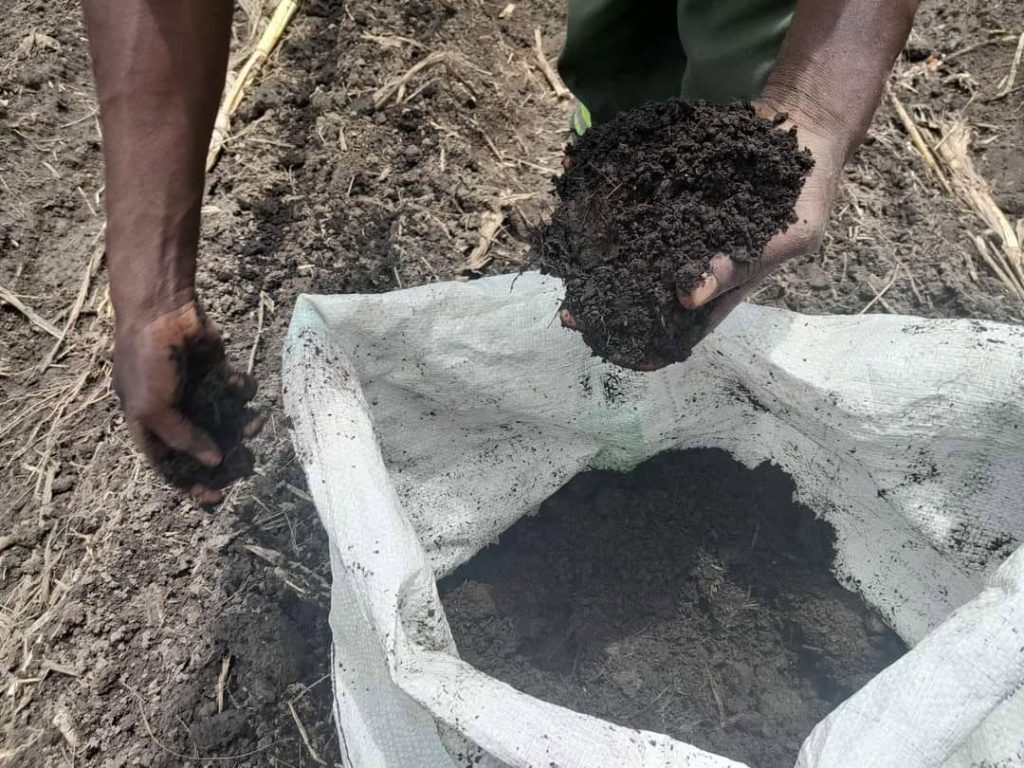
Saving rainwater in clay pots or using drought resistant seeds in the same habitat were acts of climate smart farming even before we came up with such a term.

Taking this prudence and mixing it with new technological innovations, such as drip irrigation or better storage, provides farmers with the ultimate solution. Conventional wisdom enables agriculture to remain sustainable, cost-effective and part of our culture.
Last Word
Modern agriculture is not about forgetting the past; it is about integrating it with the present technologies. Farmers of olden times are still a source of wisdom that can make farms more resilient amidst climate change. We have to remember our roots as we continue to move forward.
——!
What are some of the things that you still employ as traditional knowledge in farming on your farm? Tell me about it in the comments!


